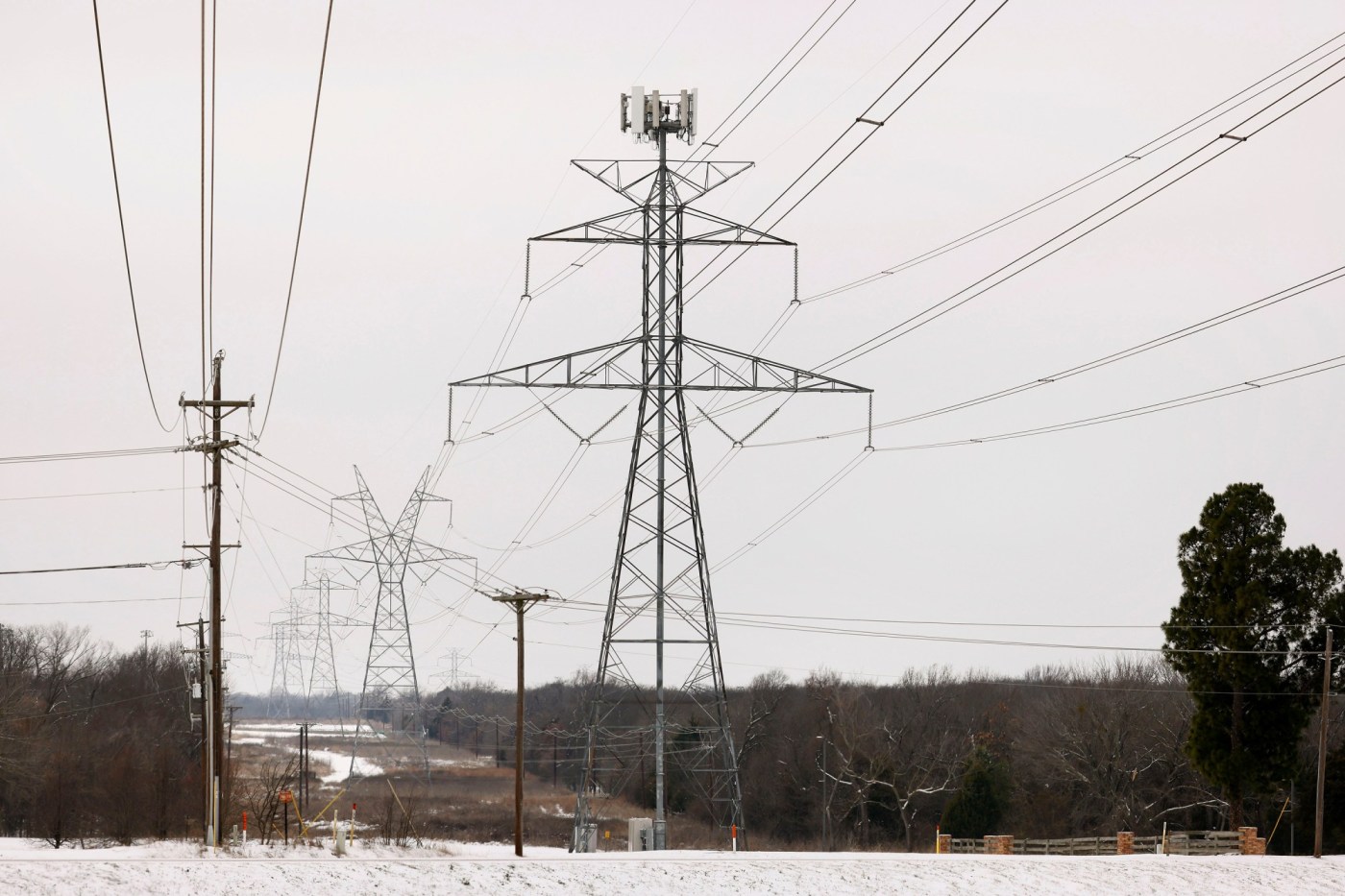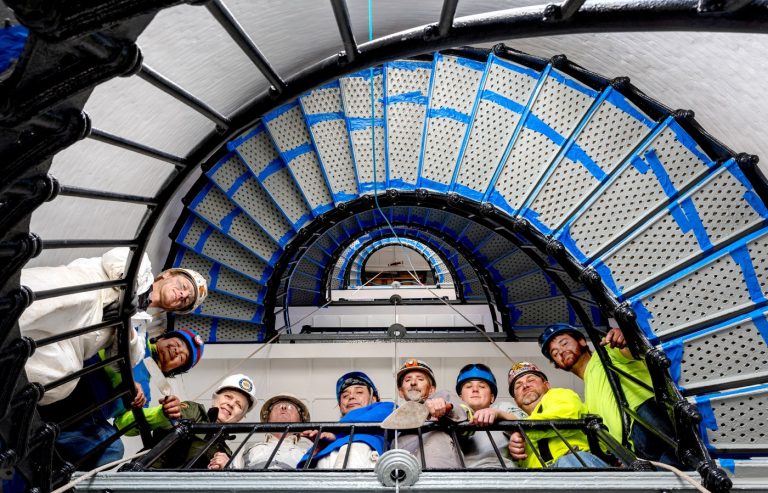The main Texas grid is especially vulnerable at sunset when solar generation plunges and demand remains high, with the riskiest hour from 8 to 9 p.m. in August, the North American Electric Reliability Corp. said in its summer assessment Wednesday. There’s an 18% probability a grid emergency will be declared and a nearly 15% chance for controlled blackouts in that period.
Related Articles
First commercial hydrogen fueling station in US for big rigs set to open in Bay Area
Oakley moves ahead with plan for massive regional park with pump track, fishing, boating and camping
New law proposed to remove homeless encampments from creeks across Santa Clara County
Could better inhalers help patients, and the planet?
When bees swarm in the Bay Area, who you gonna call? These heroes.
Grids across the U.S. are struggling to provide reliable power amid rapid growth in electricity demand and extreme weather. Recent summers in Texas have revealed vulnerability at dusk as reserves fall to low levels and set off a series of events to keep the lights on, including rolling blackouts.
Electricity consumption in Texas set records nearly two dozen times in the previous two summers. Separately on Wednesday, the state’s grid issued its fourth warning of a potential evening supply shortfall in about a month.
In addition to the outlook in Texas, NERC said New England faces tight supplies during extreme weather after a 1,400-megawatt Mystic Generating Station was shut this month. Regional grids operating in the Midwest and Southwest also are at risk of power shortfalls, along with British Columbia and Saskatchewan in Canada.
“A large amount of North America could be at risk of supply shortfalls during heat waves and extreme summer conditions,” Mark Olson, manager of reliability assessment, said during a media briefing.
While stress persists in heavily populated areas, NERC’s summer outlook was less dire than last year because of plentiful hydroelectric generation in the West, a lot more solar power and reduced wildfire risk.
©2024 Bloomberg L.P. Visit bloomberg.com. Distributed by Tribune Content Agency, LLC.












